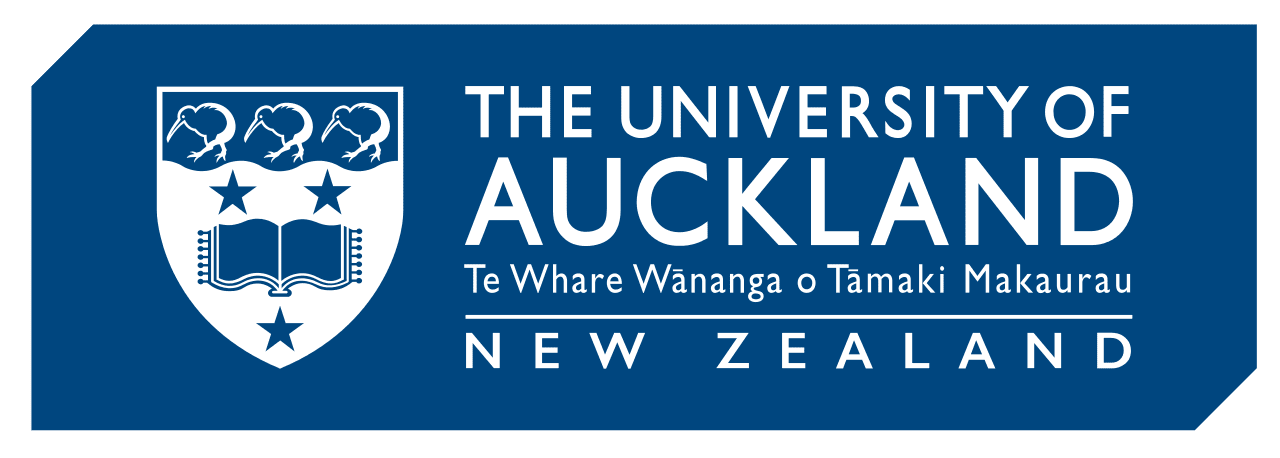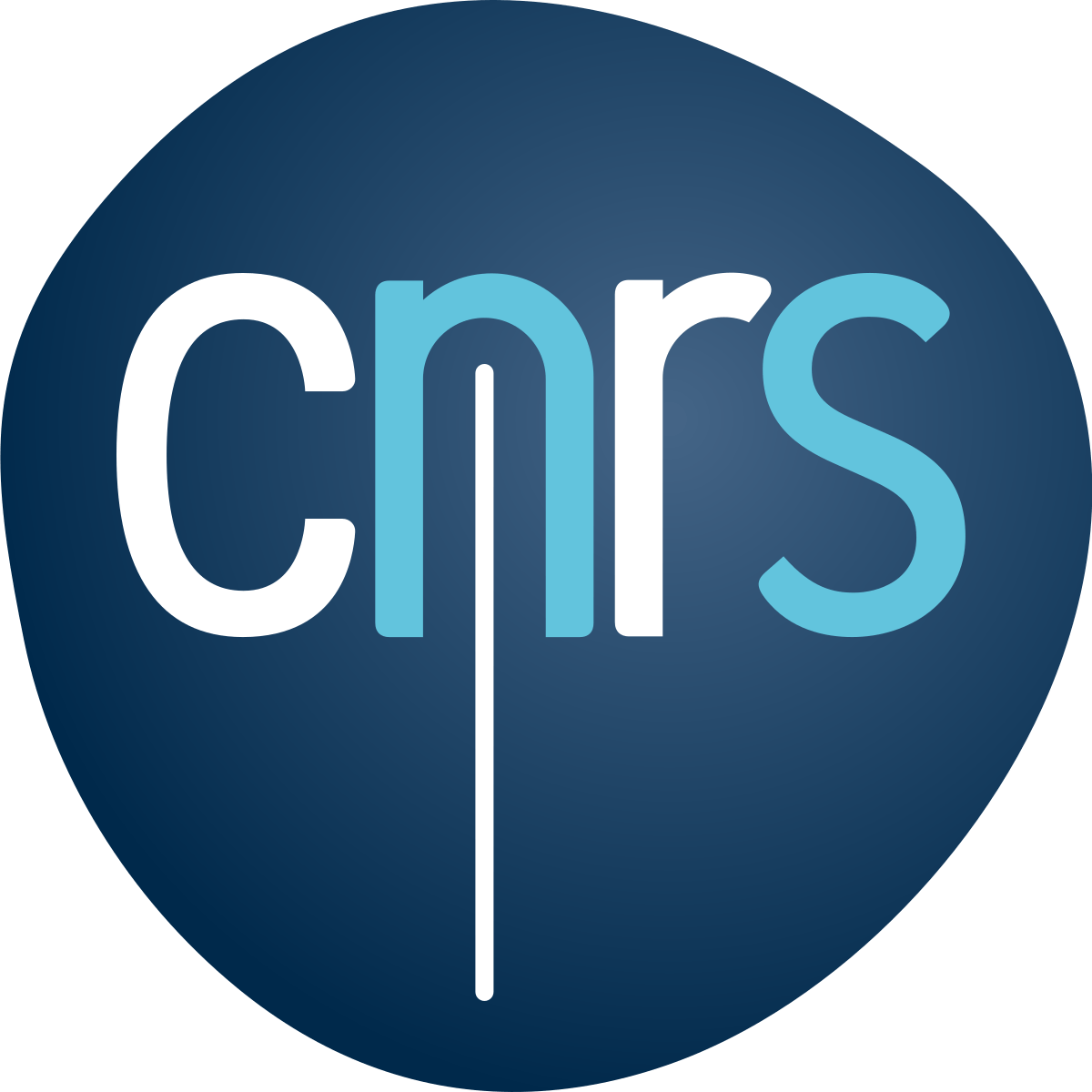
The University of Auckland is a university located in Auckland, New Zealand.
The Latest Bing News on:
University of Auckland Research
- The vision bus treating Auckland kids for free
Myopia, or short-sightedness, is one of the most common medical conditions in the world. Sachi Rathod has been treating it in low-decile schools all over Auckland.
- Pacific Youth On The Road To University
Teumohenga said the Auckland tour had been a positive experience for the Palmerston North students, learning about research and project design skills ... of its students gained merit or excellence.
- Gastric cancer research group win $500,000 science prize
The university’s Hereditary Diffuse Gastric Cancer Research Group today received the Te Pūiaki Putaiao Matua a Te Pirimia Prime Minister’s Science Prize acknowledging the impact their research has had ...
- 'Uranium and vaping' study raises alarm – but not because of findings
A striking new study led by researchers from the University of Nebraska has found unusually high levels of lead and uranium in urine samples from teenagers who frequently use e-cigarettes. But several ...
- Auckland Rat Lovers Unite!
This unique rat rehoming program will help fill a massive need in NZ for the animal science and research community and the animals they use. (Photo supplied) The motivation for NZAVS (Aotearoa’s only ...
The Latest Bing News on:
University of Auckland Discovery
- This Ancient Building May Have Served as a Rest Stop for an Egyptian Pharaoh's Army
Around 3,500 years ago, ancient Egypt underwent a transformation. Thanks to the efforts of Thutmose III—sometimes called Thutmose the Great—the civilization expanded from a kingdom to an empire.
- Ancient Egyptian ‘Royal Retreat’ Discovered in Sinai Desert
The remains of a 3,500-year-old ancient Egyptian 'royal retreat' have been discovered by an Egyptian team at the Tel Habwa archaeological site ...
- 3,500-year-old 'rest house' used by ancient Egyptian army discovered in Sinai desert
E gyptologists have discovered the remains of a "rest house" in the northern Sinai desert. The structure may have temporarily housed ancient Egyptian forces, and possibly even royalty, during the ...
- The New Zealand city with a labyrinth of underground caves
There is an "accidental discovery rule" in place for those who do inadvertently ... a Master's student at the University of Auckland who is working on the mapping project. "With this [increased] ...
- Polly wants a chatter! Pet parrots prefer live video calls with their friends over pre-recorded footage, study finds
Researchers from the University of Auckland in New Zealand worked with a kea parrot ... gorillas and orangutans but this research suggests that isn't the case. The discovery revealed that as well as ...








